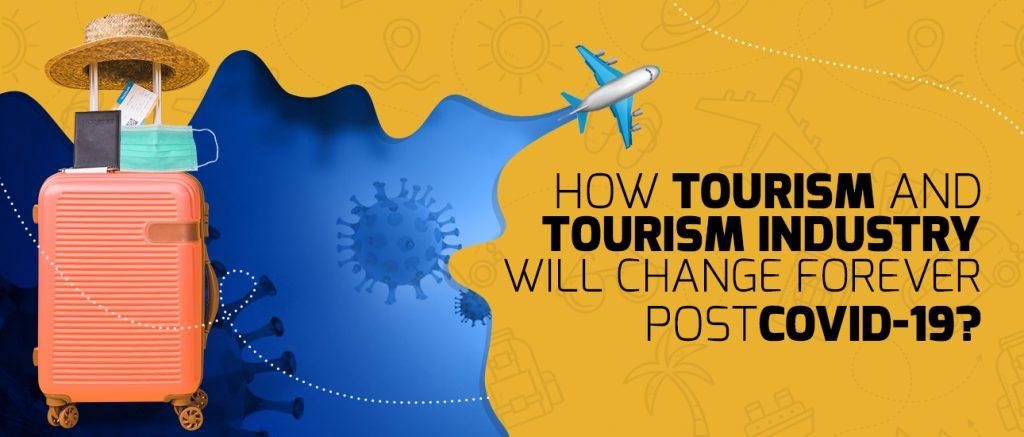
Like many other industries, the global pandemic hit travel and tourism industry worldwide. The pandemic has drastically changed our way of life in many ways and suddenly brought uncertainty amidst adversity. Post lockdown, there are pockets of the globe that are slowly opening to welcome visitors which is a big sigh of relief. After locking themselves up for months at home, travel enthusiasts are tiptoeing back outside, masks firmly on. Countries are opening borders and a host of tourist destinations are resuming their operations – but travellers plan to be more cautious to step out again.
The tourism industry will recover fast once people feel safe enough to travel. Tourism companies as well as destinations are trying to instil confidence among tourists. They are reorienting marketing strategy by ensuring that all safety, hygiene, social distance and norms properly implemented as prescribed by WHO along with respective governments. DSMS Durgapur offers one of the best tourism management courses in India where you’ll be trained to become a competent professional so that you can achieve your goal by upgrading yourself in any given situation including a situation like the current times.
Here we will discuss 5 most prominent trends that will dominate the tourism industry post-Covid19:
Domestic travel & staycations:
The situation is still uncertain for international trips as certain countries might retain the travel restrictions. Tourists are also being hesitant for planning long-distance trips for the uncertainty involved with flights and accommodations. Travelling within domestic boundaries is encouraged by Governments to support local destinations as well as preferred by the tourists. In that case, road trips to scenic destinations that are closer to home will be more preferable to skip the uncertainties of transportations. ‘Staycation’ is a new term coined post Covid19 that is on the rise and mainly meant for leisure tourists who will prefer to visit places within short driving distance for much-needed relaxation.
Sustainable tourism:
Lockdown has shown us how the drastic drop in pollution can result in cleaner air, clearer water and bluer sky. As the borders are opening, sustainable tourism has become a necessity to maintain the blessings of nature. Avid and aspirational travellers too are making small choices by embracing green, environment and social-friendly practices. Opting for second-city travel, choosing low-emission or carbon-offset modes of transportation, shopping at the local store, eating local food, avoiding the use of plastic – all these small yet crucial decisions will contribute to responsible tourism that travellers are becoming increasingly aware of. Post Covid19, destinations and companies too will be eager to make far-reaching structural changes towards sustainability.
Touchless tourism:
As maintaining social distancing and avoiding human touch continues to be the pandemic norm, hotels and accommodations will show an inclination towards zero-contact vacations. Where airports are introducing self-check-in kiosks, contactless sanitization of luggage, contactless identification at security and more; hotels are too investing in robotic housekeeping, touchless document scanning, voice commands, motion sensors etc. for helping guests to avoid human contact and high-touch surfaces as much as possible.
Tighter safety and hygiene protocols:
There will be tighter health protocols to ensure traveller’s safety. Mandatory mask and reduced capacity in transportation, as well as accommodation, regular sanitisation and temperature checks, are some common protocols that will continue in the future. There is demand for conducting rapid test for travellers in airports, especially in popular tourist destinations. As travellers are going to take hygiene measures more seriously, enhanced importance will be given to cleanliness and sanitization to win visitors’ trust.
Offers and exclusivity:
Travel agencies, hotels and airlines will come up with lucrative offers to lure people for travelling again. Leisure travellers will expect to get more pampered in a safe, hygienic environment. Destinations need to introduce some high-value packages as a retrieval policy for the travellers. Impromptu budget trips will take a backseat while the demand for exclusivity will rise. Group tours in public transport with shared community accommodation are something people will try to avoid the most. Instead, there will be rising solo trips in private or self-driven cars where people would like to opt for accommodation that is transparent about their hygiene practices.
